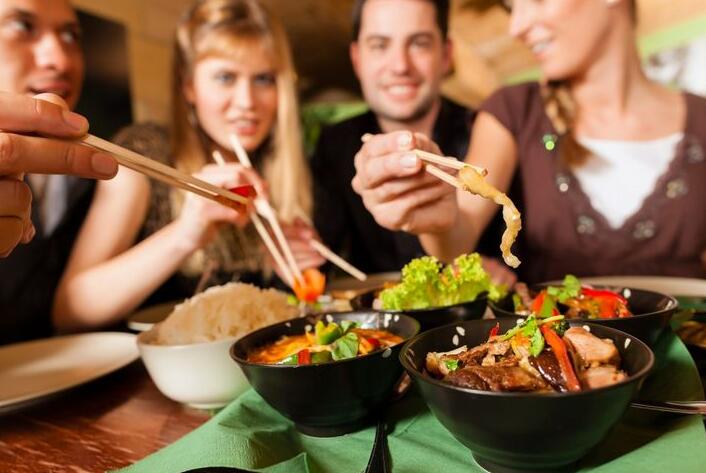 人们知道他们在自己国家吃的中餐和中国人吃的中餐有很大的不同吗?
人们知道他们在自己国家吃的中餐和中国人吃的中餐有很大的不同吗?
正文翻译

Do people know the Chinese food they have in their own country is far different from what people eat in China?
人们知道他们在自己国家吃的中餐和中国人吃的中餐有很大的不同吗?

Do people know the Chinese food they have in their own country is far different from what people eat in China?
人们知道他们在自己国家吃的中餐和中国人吃的中餐有很大的不同吗?
评论翻译

Do people know the Chinese food they have in their own country is far different from what people eat in China?
人们知道他们在自己国家吃的中餐和中国人吃的中餐有很大的不同吗?

Do people know the Chinese food they have in their own country is far different from what people eat in China?
人们知道他们在自己国家吃的中餐和中国人吃的中餐有很大的不同吗?
很赞 0
收藏